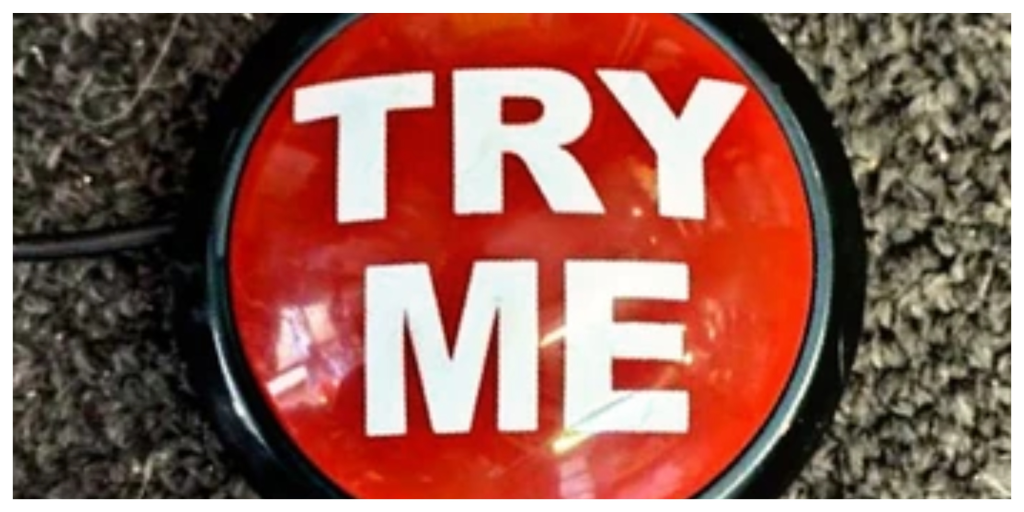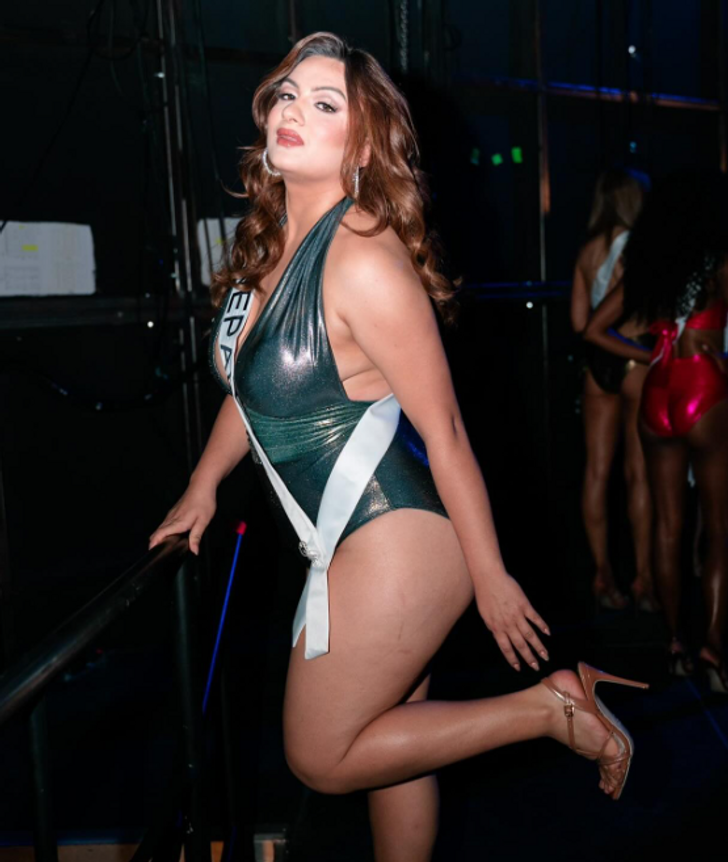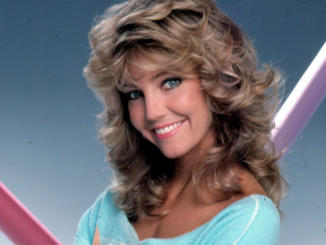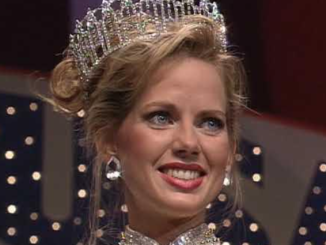
I miss my mom. I used to push all the buttons just as she would walk down the aisle, a mischievous glint in my eye. Each time we visited the grocery store, I’d dash ahead, my small fingers dancing over the colorful buttons of the self-checkout machine. With each beep, she’d turn around, half-laughing, half-exasperated. “You little rascal! One day, you’re going to break it!” she’d say, shaking her head, but her smile would give her away. Those moments were filled with laughter and light, the kind of memories that could brighten even the dullest days.
Since her passing, the grocery store has become a hollow place for me. I walk through, the automatic doors sliding open with a soft whoosh, and I feel the weight of the emptiness settle in my chest. The shelves filled with brightly packaged goods seem to mock my solitude. I can still hear her voice, echoing in my mind, reminding me to pick up my favorite snacks or to try a new recipe. I wander through the aisles, my heart heavy, searching for a piece of her in every corner.
I remember how she would linger by the produce, inspecting the apples with care, always choosing the shiniest ones. “The best things in life are worth taking a moment to choose,” she would say, her hands gently brushing over the fruit. Now, I find myself standing there, staring at the apples, unable to choose. They all seem dull and lifeless without her touch.
The self-checkout machines are still there, their buttons waiting to be pressed, but they feel like a cruel reminder of what I’ve lost. I can’t bring myself to push them anymore. The last time I stood in front of one, the memories flooded back. I could almost hear her laughter, feel her presence beside me. But it was just a memory, fleeting and painful.
Every week, I return to the store, hoping that somehow it will feel different, that I’ll find a way to connect with her again. But the aisles remain unchanged, their fluorescent lights buzzing overhead like a persistent reminder of my loneliness. I see other families laughing and chatting, and I feel like an outsider looking in on a world that no longer includes me.
One evening, as I walked past the cereal aisle, I spotted a box of her favorite brand. It was decorated with bright colors and cheerful characters, a stark contrast to the heaviness in my heart. I hesitated for a moment, then reached out and grabbed it, a sudden rush of nostalgia washing over me. I could almost see her standing beside me, her eyes twinkling with excitement. “Let’s get it! We can make our special breakfast tomorrow!”
With the box cradled in my arms, I made my way to the checkout. I felt a warmth spreading through me, the kind of warmth that comes from cherished memories. But as I stood there, scanning the items and watching the screen flash numbers, I realized that I was alone. The laughter we shared, the spontaneous dance parties in the kitchen, all of it felt like a distant dream.
When I got home, I placed the box on the kitchen counter, a bittersweet smile tugging at my lips. I thought about making pancakes, just like we used to, the kitchen filled with the scent of vanilla and maple syrup. I reached for my phone to call her, to share the news, but my heart sank as reality set in. There would be no more calls, no more laughter echoing through the house.
That night, I sat in the dark, the box of cereal beside me, feeling the weight of my grief settle in. I poured myself a bowl, the sound of the cereal hitting the milk breaking the silence. As I took the first bite, tears streamed down my cheeks. Each crunch reminded me of the moments we had shared, and I felt an ache in my chest for the warmth of her presence.
“I miss you, Mom,” I whispered into the stillness of the room. “I wish I could press all the buttons just one more time, hear you laugh, feel your hand in mine.”
But the buttons would remain untouched, just as the aisles of the grocery store would remain silent, a reflection of the emptiness I felt inside. And in that moment, I realized that while the world continued to move forward, I would always carry her with me, a bittersweet reminder of the love that once filled my life.
Miss Nepal Is Facing “Cruel” Reactions for Her Participation in Miss Universe 2023
Over the 71-year history of Miss Universe, this marks the very first participation of a plus-sized contestant. The 22-year-old Miss Nepal has etched her name in history by confidently showcasing her stunning physique. While many people rallied behind her, praising her beauty, a significant portion of the global audience also levied criticism. She candidly addressed these comments, shedding light on her experiences.
She glowed with confidence.

Moises Castillo/Associated Press/East News
Jane Dipika Garrett expressed her pleasant surprise at the extent of her progress in the competition that took place in November 2023. Having harbored dreams of becoming a model, she confronted past struggles with low self-esteem. The overwhelmingly positive response she received during the competition served as a validating experience, and solidified her newfound confidence in embracing her own identity.
© international_poll / Instagram
Garrett noted that she “did not expect to get that much applause on the stage.” She went on to explain that she “wasn’t expecting anything” and was only participating to represent her country and “to represent women all over the world.”
Opinions were divided.

Despite being praised by many around the world for her gorgeous looks, the 22-year-old said that she had also faced harsh criticism from many people. She admitted that some incoming messages were less than positive, reaching the point of being described as “cruel.”
Jane revealed, “I see things like, ’Oh, she’s a whale,’ or ’Why don’t you go to the gym?’ And things like that.” She continued, “It’s like they don’t even know my story. They don’t even know what I’m going through.”
She’s not letting her struggles stop her dreams.

© Miss Universe / YouTube, MARVIN RECINOS/AFP/East News
The beauty contestant clarified that she grapples with a condition known as polycystic ovarian syndrome (PCOS). This medical condition involves the overproduction of androgens by the ovaries, surpassing the typical levels found in women. PCOS manifests with various effects, including weight gain, menstrual irregularities, acne, and excess hair growth.
© Miss Universe / YouTube, © Miss Universe / YouTube
She noted that recently she had gained a lot of weight due to her condition, stating, ’’that’s also really taken a toll on my mental health and my self-esteem because I thought that I wasn’t good enough or that I wasn’t beautiful enough.’’
Nevertheless, Garrett underwent a journey of cultivating a positive mindset and finding comfort in her own skin. Observing her radiant confidence on stage, it’s evident that she has successfully achieved this self-acceptance journey.
We concur that Miss Nepal looks absolutely stunning, and we consider it a significant stride for the Miss Universe competition to embrace and celebrate the beauty and diversity of women’s bodies in all shapes and sizes. To delve further into the realm of Miss Universe and discover how previous winners are looking today, we invite you to explore this article.



Leave a Reply